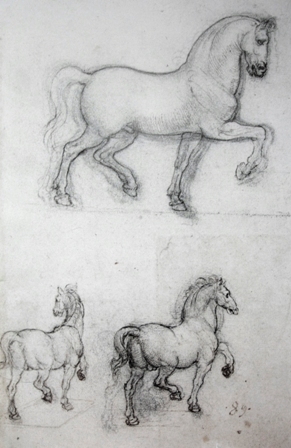Investigative Practice [Undersøkende praksis/UP]. Theme- and project-oriented visual arts education
DOI:
https://doi.org/10.7577/formakademisk.607Keywords:
Keywords, Investigative practice, the third way of visual arts education, teachers’ role, project methods, image communication, scholarly traditions, intentionality and image linguistic techniquesAbstract
Based on a critical approach and inspired by Danish Visual Arts Education, I have developed what I call Investigative Practice [Undersøkende praksis/UP]. UP refers to theme- and project-oriented visual arts education, and it can be characterized as both processual and problem solving, such that artwork is attributed meaning and visualisations are perceived as meaningful and communicative. A fundamental understanding is that pictorial meanings are affected by the physical process of making. UP, therefore, pursues a conscious relationship between expressed content and ways of expression. UP seeks to synthesize individual- and discipline-oriented traditions within visual arts education. This synthesis is connected to a third tradition, which I name “The third way of visual arts education” [Den tredje vei i bildepedagogikken]. UP includes pictorial didactics, pictorial theory and pictorial creation. As a visual arts pedagogy, UP aims to contribute to a new or renewed practice of pictorial education.

Downloads
Published
How to Cite
Issue
Section
License
Authors who publish with this journal agree to the following terms:
- Authors retain copyright and grant the journal right of first publication with the work simultaneously licensed under a Creative Commons Attribution 4.0 License that allows others to share the work with an acknowledgement of the work's authorship and initial publication in this journal.
- Authors are able to enter into separate, additional contractual arrangements for the non-exclusive distribution of the journal's published version of the work (e.g., post it to an institutional repository or publish it in a book), with an acknowledgement of its initial publication in this journal.
- Authors are permitted and encouraged to post their work online (e.g., in institutional repositories or on their website) prior to and during the submission process, as it can lead to productive exchanges, as well as earlier and greater citation of published work (See The Effect of Open Access).
- The author(s) must manage their economic reproduction rights to any third party.
- The journal makes no financial or other compensation for submissions, unless a separate agreement regarding this matter has been made with the author(s).
- The journal is obliged to archive the manuscript (including metadata) in its originally published digital form for at least a suitable amount of time in which the manuscript can be accessed via a long-term archive for digital material, such as in the Norwegian universities’ institutional archives within the framework of the NORA partnership.
The material will be published OpenAccess with a Creative Commons 4.0 License which allows anyone to read, share and adapt the content, even commercially under the licence terms:
This work needs to be appropriately attributed/credited, a link must be provided to the CC-BY 4.0 licence, and changes made need to be indicated in a reasonable manner, but not in any way that suggests that the licensor endorses you or your use.



